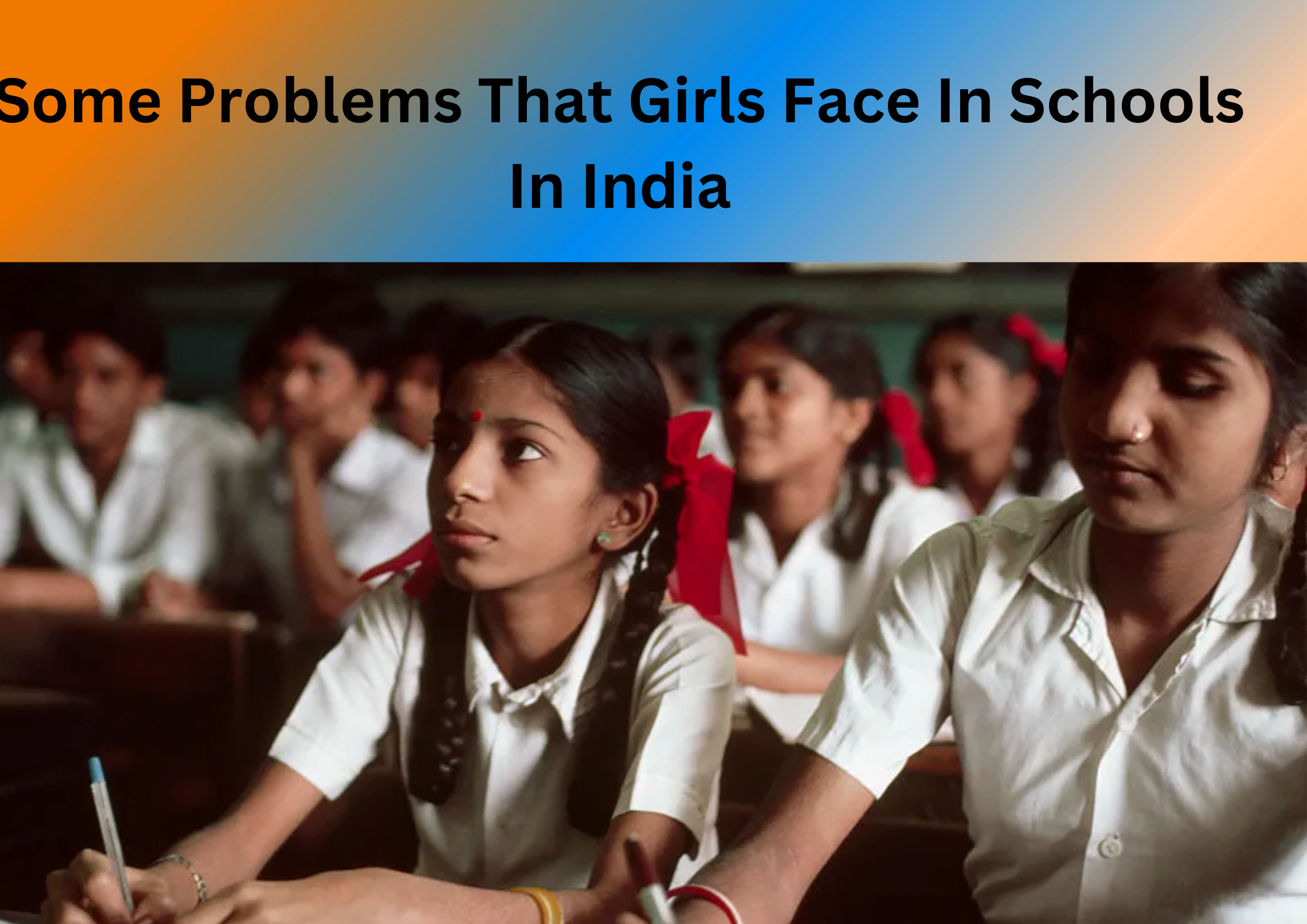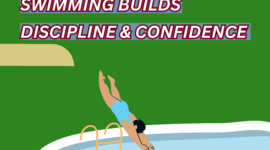School life is full of experiences, all of which are important for everyone, but girls face many difficulties, especially if they happen to live in India. Our country is considered a developing nation, and there are many issues with girls’ education.
Schools in India still have a lot of problems when it comes to girls’ safety. In rural areas, dropout rates for girls have increased due to a lack of security. They are also more likely to be harassed for dowry, which is illegal in India but still quite common.
As per research conducted by Schools in Dehradun, school is not a place where anyone would consider having problems. That is the place people mostly enjoy, but unfortunately, that is untrue for everyone. Some suffer because of problems they face in schools.
Also Read : Which Is The Best School In India For Girls
They Face Discrimination
/cdn.vox-cdn.com/uploads/chorus_image/image/50036195/GettyImages-112156296.0.jpg)
Discrimination is one of the significant problems that girls face in schools. Different studies have found that girls are discriminated against by teachers and students as well as by their parents. This discrimination starts right from the time they enter school and continues throughout their educational career. The main reason behind this discrimination is that most people still believe that boys are superior to girls in all fields.
The discrimination faced by girls starts when they are young. Some parents feel that only boys should be educated, so they do not send their daughters to school. That can cause problems later on in life because these girls will not have any skills or qualifications which they can use to earn money or find jobs.
They Are Vulnerable To Predators

In India, many girls face problems in school. One of the most common is that they are vulnerable to predators. Predators are people who want to hurt and abuse others. They often target young people because they think that young people will not tell anyone about what happened.
For this to change, we must educate our children on what sexual abuse is and how to prevent it. We also need to teach them about their rights as a person and let them know that they have the right to say no if anyone tries to touch them inappropriately.
Most of the girls are also dropouts because of this problem which makes them more vulnerable. It also affects their mental health, physical health and self-esteem.
Inadequate Sanitation Facilities

The problem of girls’ toilets is a major one in India. The lack of safe and hygienic toilets for girls leads to poor attendance of girls at schools and colleges. The lack of privacy, coupled with the lack of cleanliness, makes it difficult for them to attend school regularly. Also, in many cases, girls are forced to use separate toilets from boys, which is a clear violation of their right to education.
Inadequate Infrastructure
There are many problems related to infrastructure in India. There are not enough classrooms or libraries, so students cannot study properly. There are also no playgrounds or sports facilities available for them to play after school hours; this makes them bored and uninterested in studies as well as socially isolated from other children their age.
Racism And Casteism
The Indian educational system has long been plagued by several issues, including the prevalence of casteism and racism. Both of these problems have harmed girls in particular, who face them every day.
Racism is when people are treated differently based on their skin colour or ethnic background. In India, racism is a big issue because there is a lot of discrimination against people who are dark-skinned or have curly hair. People who are dark-skinned or have curly hair often get teased or bullied at school. This can lead to depression and anxiety.
Racism in schools can take many forms; it can be as simple as students refusing to sit next to each other because they don’t like the colour of their skin or as extreme as students being beaten up for speaking another language.
The effect is the same: it sends a message that people from different backgrounds are not welcome at school and that they should be treated differently than everyone else. This message creates an environment where discrimination and hatred thrive—and it hurts everyone involved.
Casteism is when someone is treated differently because they belong to a certain caste (social class). For example, some people believe that if you’re not from an upper-class family then you shouldn’t be allowed to attend college. This kind of thinking leads to discrimination against lower-caste students, who may not get as much support from their teachers or parents as other students do.
It is another problem that affects girls in particular because many families believe that girls should focus on housework instead of studying or going to school. They may also be expected to marry young, so they can help out around the house with cooking, cleaning, and taking care of younger siblings—which means less time for education!
That means fewer opportunities for girls growing up in these circumstances; it also means fewer opportunities for them when they grow up too old to work alongside their families anymore.
Sexual Harassment

The Print reports that in Chennai alone, there were over 200 accusations of sexual abuse against teachers in May 2021. Even though the sheer number of incidents made the news, sexual assault in schools is not a recent problem. The most thorough law on child sexual abuse is called the Protection of Children from Sexual Offences Act, or POCSO, and it requires everyone to report any suspicion of child sexual abuse to the authorities.
This has ramifications for schools as well, who should notify the police of such accusations.
Sexual harassment is a severe issue that girls face in schools in India. It can be verbal, physical or written. It includes unwelcome sexual advances, requests for sexual favours, and other verbal or physical conduct of a sexual nature.
Sexual harassment can cause a lot of problems for girls at school. It can make them feel scared to go to school and afraid of what will happen to them there. Some girls may even skip school because they’re terrified of what might happen to them if they don’t avoid certain people who may be harassing them or making them feel unsafe at school.
Parents and teachers need to know about sexual harassment to help girls who are being harassed and ensure that everyone feels safe at school!
Dress Codes

– Dress codes can be a source of anxiety for many girls. They may feel like they have to dress in a way that doesn’t reflect their identity or that others will judge them for the clothes they wear. That can lead to self-doubt and pressure to conform, which is harmful when it comes to learning.
– Girls often face dress codes that force them to wear skirts or dresses, which can be uncomfortable in hot climates and place women at risk of sexual harassment and assault. That has been shown to have negative impacts on girls’ confidence, participation in class discussions, performance on tests, and overall academic success.
– Girls also face dress codes that require them to cover up their shoulders or legs, which can make them feel like they’re being punished for having female bodies. Some schools even require girls’ hair to be covered with scarves or hats—even though boys aren’t required to do so! That can lead some girls to feel ashamed of their bodies or afraid of being harassed by teachers or other students if they don’t comply with these unreasonable rules.
Lack Of Focus On Technical Education
The government of India has always been interested in providing education to its people. However, there are some problems that girls face in schools in India. The main problem is the lack of focus on technical education.
There are many reasons behind this problem. One reason is that parents do not want their daughters to pursue technical education because they think it is not suitable for women. Another reason is that girls do not have the required resources to pursue this kind of education.
Conclusion
While the problems girls face in school may vary, the more we know about the problem, the more likely we will solve it. Girls need to be protected and empowered and given equal opportunities in life.
For any queries related to parenting, schooling, or any student-related tips, click here to check out our latest blogs










